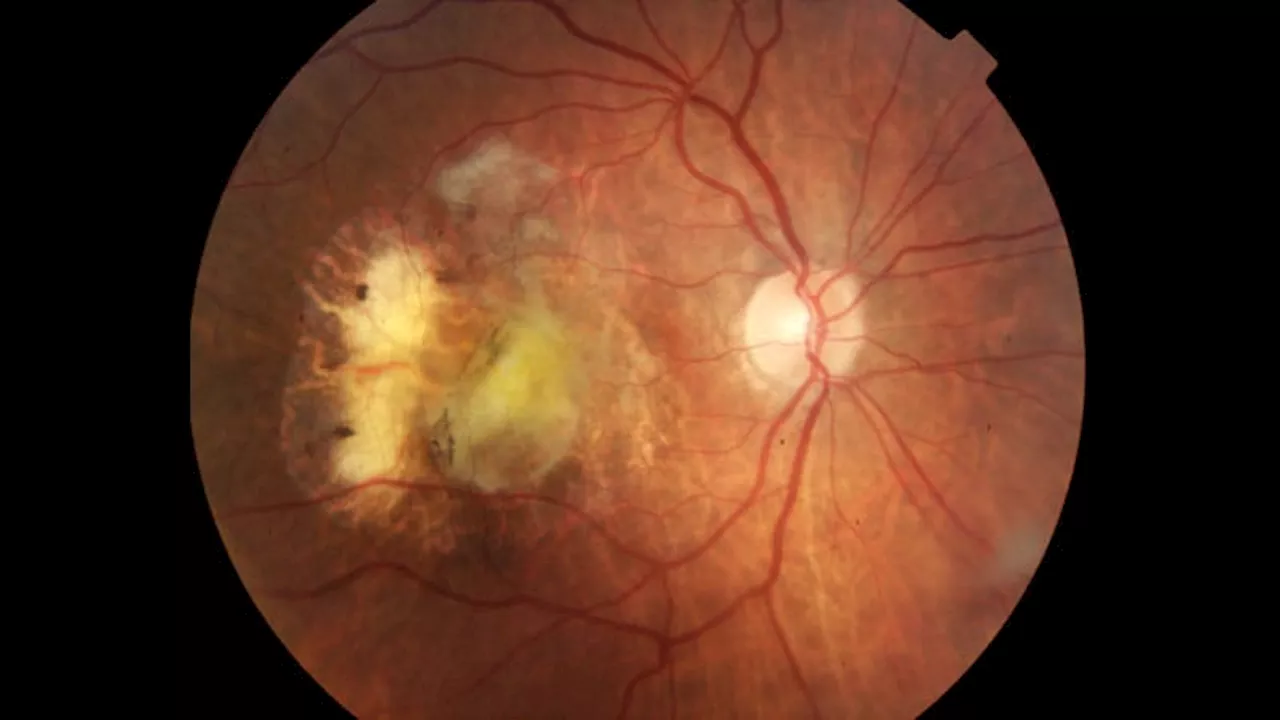A multicenter prospective study found no link between a high polygenic risk score for rheumatoid arthritis and increased toxicities from cancer radiotherapy.
A recent analysis found that patients with a high genetic risk for rheumatoid arthritis do not face an increased risk for acute or late radiation-induced toxicities, suggesting no need to alter treatment plans based on RA genetic risk. Having RA may increase patients’ risk for radiosensitivity, which could increase their risk for toxicities following radiotherapy. One explanation for this possible connection is that the genes linked to RA may overlap with those associated with radiosensitivity.
The researchers monitored normal tissue toxicity prospectively for 2 years after radiotherapy. Acute toxicity was defined as the maximum reported toxicity within 3 months of radiotherapy; late toxicity was defined as the maximum reported toxicity from 3 months to 2 years after radiotherapy. Looking at specific toxicities, individual acute or late toxicity endpoints were not significantly associated with polygenic risk scores in patients with breast cancer.
Toxicity Poisoning Toxins Radiation Therapy Radiotherapy Radiation Oncology Cancer Malignant Neoplasia Carcinoma Malignant Neoplasm Genomics Genomic Medicine Breast Cancer Malignant Breast Neoplasm Breast Carcinoma Genetics Lung Cancer Lung Carcinoma Cancer Of The Lung Prostate Carcinoma Malignant Prostate Neoplasm Prostate Cancer Cancer Of The Prostate
United States Latest News, United States Headlines
Similar News:You can also read news stories similar to this one that we have collected from other news sources.
 Both High and Low HDL Linked to Age-Related Macular Degeneration RiskA new study published in JAMA Ophthalmology suggests that both high and low levels of high-density lipoprotein (HDL) are associated with an increased risk for age-related macular degeneration (AMD). Researchers analyzed data from the All of Us research program and found a U-shaped relationship between HDL levels and AMD risk. The study also identified a potential novel single-nucleotide polymorphism linked to an elevated risk for the retina condition.
Both High and Low HDL Linked to Age-Related Macular Degeneration RiskA new study published in JAMA Ophthalmology suggests that both high and low levels of high-density lipoprotein (HDL) are associated with an increased risk for age-related macular degeneration (AMD). Researchers analyzed data from the All of Us research program and found a U-shaped relationship between HDL levels and AMD risk. The study also identified a potential novel single-nucleotide polymorphism linked to an elevated risk for the retina condition.
Read more »
 Detroit Tigers Make High-Risk, High-Reward Bets in Free AgencyThe Detroit Tigers are banking on the potential of A.J. Cobb and Austin Torres to turn their season around, but both signings come with uncertainty.
Detroit Tigers Make High-Risk, High-Reward Bets in Free AgencyThe Detroit Tigers are banking on the potential of A.J. Cobb and Austin Torres to turn their season around, but both signings come with uncertainty.
Read more »
 Celebrity Brands Face High-Risk, High-Reward Landscape in 2024The star-studded world of celebrity brands experienced both triumphs and tribulations in 2024, highlighting the inherent risks and rewards of aligning with famous personalities. While some brands soared to success, others faced significant setbacks due to controversies surrounding their celebrity partners.
Celebrity Brands Face High-Risk, High-Reward Landscape in 2024The star-studded world of celebrity brands experienced both triumphs and tribulations in 2024, highlighting the inherent risks and rewards of aligning with famous personalities. While some brands soared to success, others faced significant setbacks due to controversies surrounding their celebrity partners.
Read more »
 Global Genetic Study Uncovers Hundreds of New Depression Risk FactorsA groundbreaking study involving over five million people worldwide has identified nearly 300 previously unknown genetic links to major depression, offering new insights into the condition's origins and paving the way for more precise risk prediction across diverse populations.
Global Genetic Study Uncovers Hundreds of New Depression Risk FactorsA groundbreaking study involving over five million people worldwide has identified nearly 300 previously unknown genetic links to major depression, offering new insights into the condition's origins and paving the way for more precise risk prediction across diverse populations.
Read more »
 Science behind genetic testing for identifying risk of opioid misuse remains unprovenOpioid misuse and specifically opioid use disorder (OUD), continues to represent a significant U.S. public health threat, with more than 6 million Americans aged 12 and older meeting the criteria for OUD in 2022. Efforts to ease the crisis have included the development of genetic testing to identify individuals most at risk for OUD.
Science behind genetic testing for identifying risk of opioid misuse remains unprovenOpioid misuse and specifically opioid use disorder (OUD), continues to represent a significant U.S. public health threat, with more than 6 million Americans aged 12 and older meeting the criteria for OUD in 2022. Efforts to ease the crisis have included the development of genetic testing to identify individuals most at risk for OUD.
Read more »
 Genetic Risk Score Predicts Type 2 Diabetes in Individuals With Normal Weight and Blood SugarA new study suggests a genetic risk score for type 2 diabetes can predict disease onset in individuals with normal weight and blood sugar levels, challenging traditional screening approaches.
Genetic Risk Score Predicts Type 2 Diabetes in Individuals With Normal Weight and Blood SugarA new study suggests a genetic risk score for type 2 diabetes can predict disease onset in individuals with normal weight and blood sugar levels, challenging traditional screening approaches.
Read more »
